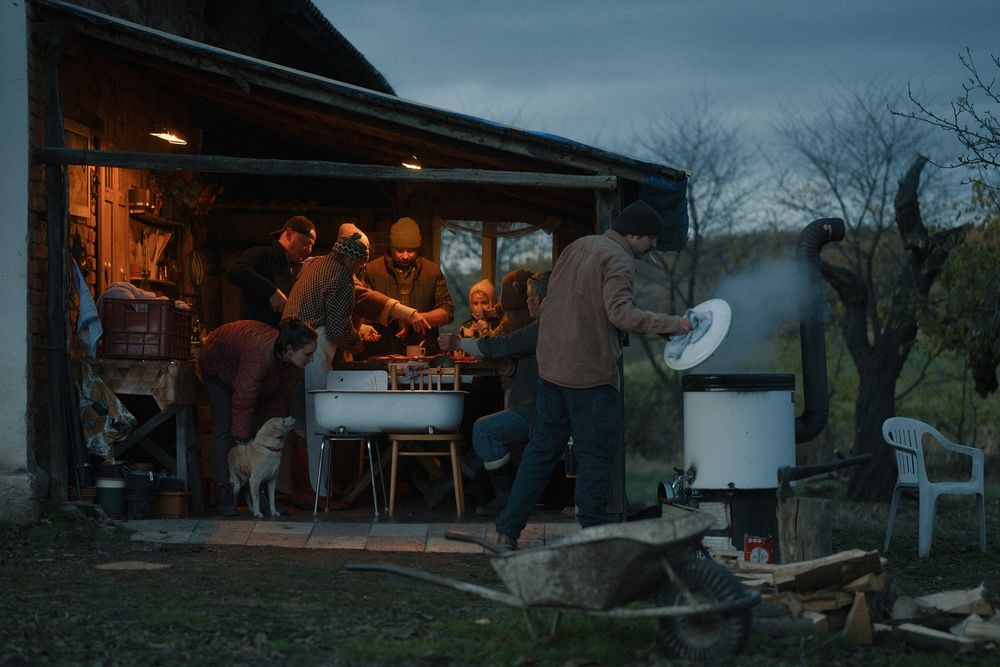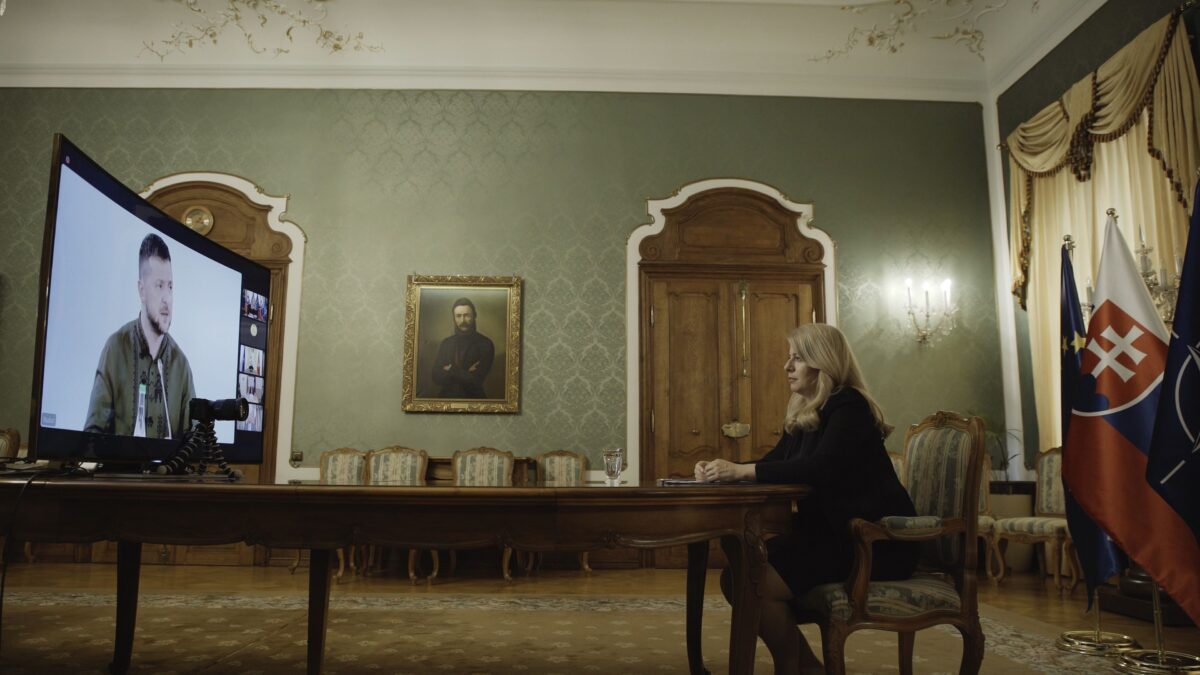Slovak cinema gets significant visibility at the International Film Festival Cinematik Piešťany (September 10 – 15, 2024) every year, whether it is thanks to the Cinematik.doc competition, non-competitive sections, or section for classic films.
Cinematik.doc, one of the two competition sections of the festival, is dedicated to Slovak feature-length documentaries. This year, seven films are vying for the awards, two of which will be presented in a world premiere. The first is Daniela Meressa Rusnoková’s debut feature Grey Zone, “a cinematic essay, a personal story, a tribute to mothers and families of premature babies, at-risk newborns, and the vulnerable disadvantaged.” In his documentary Question of the Future, Maroš Brázda follows five high-school graduates in search of an answer to the question: what does the future hold for the younger generation, as well as for our country as a whole?
The competition selection also includes Emília, a portrait of actress Emília Vášáryová, directed by Martin Šulík; Lapilli, an essay about minerals and coping with the loss of loved ones, by Paula Ďurinová; Roman Ďuriš’s debut feature Fakir about finding a way out of generational poverty; Jaro Vojtek’s The Third End of the Stick, a view of otherness within otherness; and an essay The Birdhill on the unregulated transformation of Bratislava’s Vtáčnik district by the debuting director Eva Križková.
The festival program also includes classic film. The audience can thus look forward to the 1965 existential drama set in the last stages of the Second World War, The Bells Toll for the Barefooted by Stanislav Barabáš. Year 2024 is the centenary of this renowned Slovak director.
In the House section offers an overview of contemporary Slovak cinema with selected films presented to the Slovak audience for the first time. One of them is Peter Kerekes’ documentary about finding happiness with the help of astrology, Wishing on a Star, which premiered less than two weeks ago in Venice. Three other films had a successful premiere at the Karlovy Vary IFF at the beginning of the summer: The Hungarian Dressmaker by director Iveta Grófová is a drama set on the Slovakian-Hungarian border during the Second World War; Czechoslovak Architecture 58–89 by Jan Zajíček takes a look at the post-war Czechoslovak architecture; while Tiny Lights by Beata Parkanová is an intimate family drama about a marital crisis from the point of view of a six-year-old girl. After the premiere in Annecy, a short animated film about clumsy activists trying to help some poor animals, Free the Chickens by Matúš Vizár, will be shown to the audiences in Piešťany, as well as the documentary about photographer Libuše Jardovjáková I’m Not Everything I Want to Be by Klára Tasovská, which started its festival life at the beginning of the year at the Berlinale.
The section also includes a film by Palo Korec Aquabelles from Prandorf about five women from a small village who began to toughen up and rebel against gender stereotypes, and two short student films programmes from the Academy of Arts in Banská Bystrica and the Academy of Performing Arts in Bratislava. The first selection consists of the films Crossroads of Jozef Cabelka (dir. Martin Polerecký), Between Two Worlds (dir. Daniela Anna Korimová), and What More Said (dir. Martin Daško); the second selection consists of The Most Beautiful Corner in the World (dir. Robert Mihály), A Good Mind Grows in Thorny Places (Katarína Gramatová), Silo (dir. Imrich Kútik), This Peculiar Day (dir. Emília Ondriašová), and The Whisper of Freedom (dir. Anna Ahaliieva)
Cinematik Jr., a section designed for the young audience, will welcome the Annecy award-winning animated feature Living Large by Kristina Dufková. The film tells the story of a young boy struggling with his weight, who ultimately learns that it’s not a person’s appearance that truly matters, but how they feel about themselves.
In the Other Spaces section, four more feature-length Slovak films that have already been or currently are in cinema distribution will be presented. Among them are the dystopian dance film Zenith directed by György Kristóf; the latest film by Jiří Mádl, Waves, set against the backdrop of the August 1968 events; Our Lovely Pig Slaughter by Adam Martinec capturing the typical Czech celebration; and the drama about nationalism and a failed high school graduation, Explanation for Everything by Gábor Reisz, which was awarded in last year’s Venice. Also included in the selection is Erika Jasaň’s short film The Professional Parent, which takes a look at the foster care system.
Slovak cinema will also be an important part of accompanying program. The festival will hold panel discussions about the Slovak Audiovisual Fund, film education, the current state of the culture sector, and Slovak films reflecting the problem with the mafia. Director Iveta Grófová will hold a masterclass, Anna Kryvenko will talk about ethics in a documentary film, and Adam Hanuljak will present his film Rádio Devín: V dotyku s kultúrou.
Web: www.cinematik.sk/en








